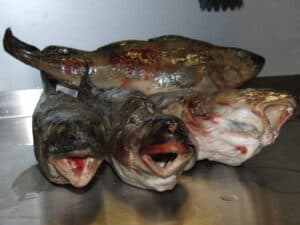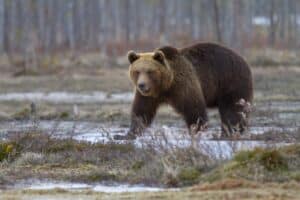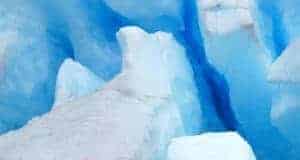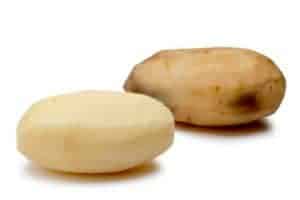The Norwegian Environmental Protection Association (NMF) believes that the time is now ripe for salmon and trout farming to start operating in closed solutions. Be it on land or at sea.
The evidence for the environmentally harmful effects on wild fish. Wild salmon, sea trout, shellfish, pellet fish and the pollution of our fjords by continued operation in open cages has now become so overwhelming that it cannot be defended that operation in open cages is permitted in applications for new locations. NMF further believes that all open cages must now be closed, and sludge waste and feed residues that are now dumped straight into the sea must be taken ashore, so that they can be used for fertilizer or fuel. The NMF also sees that the Animal Welfare Act is being broken daily with increasingly mechanical deworming of the fish. In 2017, 52 million salmon died in the open cages as a result of diseases and consequential damage from mechanical de-lice. This can also be avoided by starting to operate in closed solutions.
NMF also believes that a conversion to closed facilities will create more jobs, and not fewer, which the farming industry itself likes to create an impression of. This is due to a greater need for expertise because breeding in closed solutions is more technologically demanding than open cages.
NMF clarifies that we are not at all against the farming of salmon and trout, but only want the farming industry to change to start operating in closed solutions so that our descendants can also experience clean fjords with healthy and fresh wild fish. And where coastal fishermen and breeders can live side by side without the level of conflict that exists today.
The NMF has therefore produced a guide on how municipalities can influence operations towards environmentally sustainable solutions, even if areas have been set aside for aquaculture in the planning work in the coastal zone plan. This guide can be read here.



